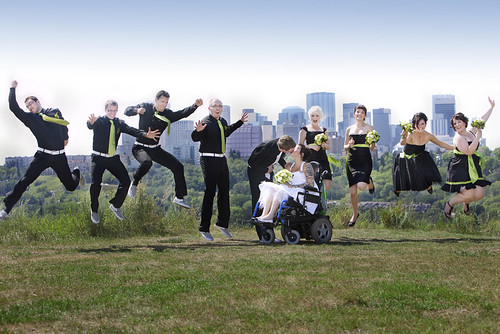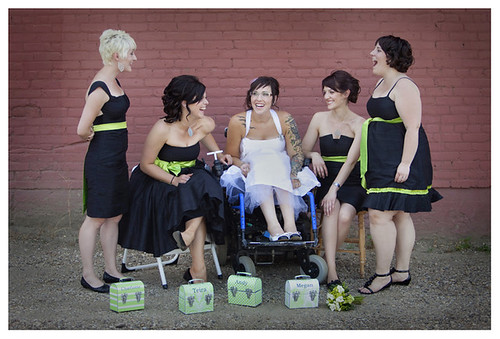Happy Monday everyone! I can't believe it's the end of January already. No doubt the supermarkets are already getting filled up with Easter eggs (not that I'm complaining, I LOOOOOOOVE Cadbury Creme Eggs, LOOOOOOOOOVE them.) Anyway, today I have another guest post for you written by Leonie Hazelton. This post was inspired by recent media reports of dating websites specifically for people with disability.
Leonie Hazelton
There are loads of dating sites on the ‘net at the moment claiming they can find love for everyone. There are even sites specifically for people with disability claiming they can match people with disability with other “like” people with disability. I’m not really sure if I’m a fan of stuff like that, because if we’re all into inclusivity, I don’t think launching dating sites specifically for one group whose wants and desires are no different from people without disability is necessarily moving forward.
While I appreciate that it’s safer to date or look for a potential match with someone with a similar disability or condition to you, I don’t think it’s necessarily productive. What if you don’t find someone? It has nothing to do with your disability, only the fact that you have different attractions and interests to other people on the site. Also, what about us antipodeans? Most of these dating and disability sites are US based so it is difficult for us to find a mate with a similar disability to us, let alone being on the same side of the globe as us.
I had a quick look at one of these said sites and A) discovered that there are Australians and B) they’re pretty forward about (in the site’s words) their “Challenges.”
I’m still not sure if I like the idea of specifically disability dating, which brings up the question of disclosure. “When do I tell him/her that I have XYZ disability/condition?”
I really do appreciate that we want someone who understands our needs/wants/desires, but I honestly think that we should not be restricted to one particular group in society. I personally believe that we can educate in all areas of our life. If that means going out on a date with a person without disability and showing them that “Yes we want “it” too” than that’s a way we can teach others. If on the other hand, a person rejects you outright because of your disability, maybe it should just be chalked up as not being worth it because the person’s not going to respect/want you anyway regardless. If someone really wants you, it should be with no strings attached, end of chat. Also isn’t dating about taking chances and risks? You may get hurt, sure but that’s the way dating is, disability or no disability.








